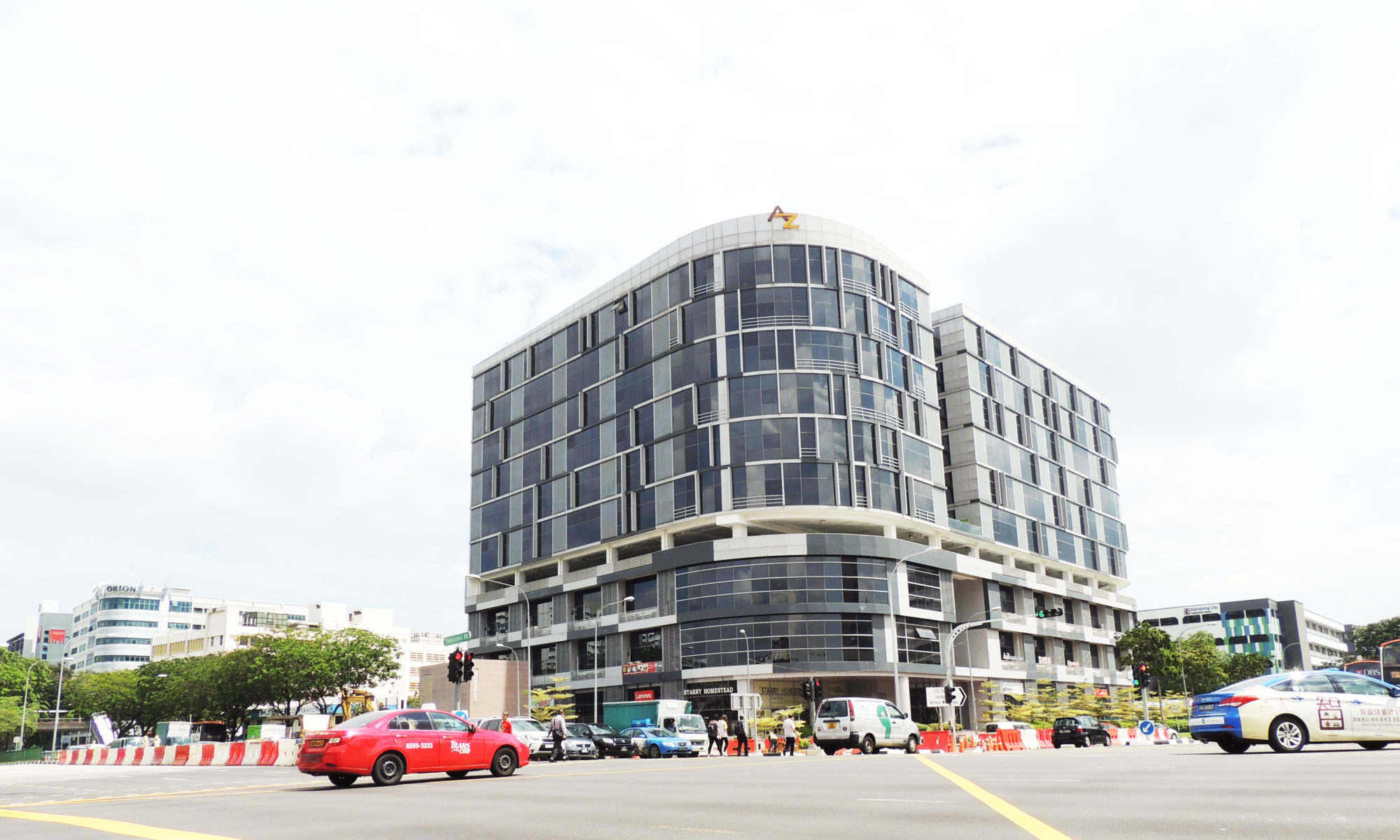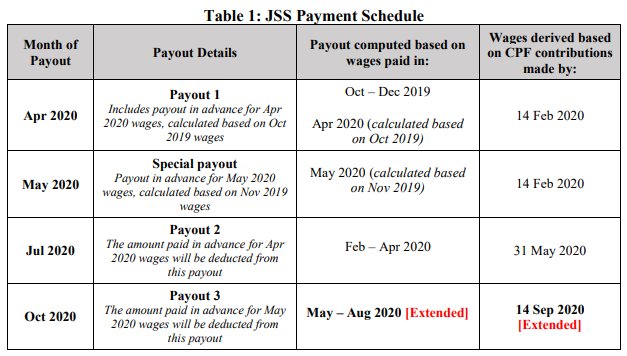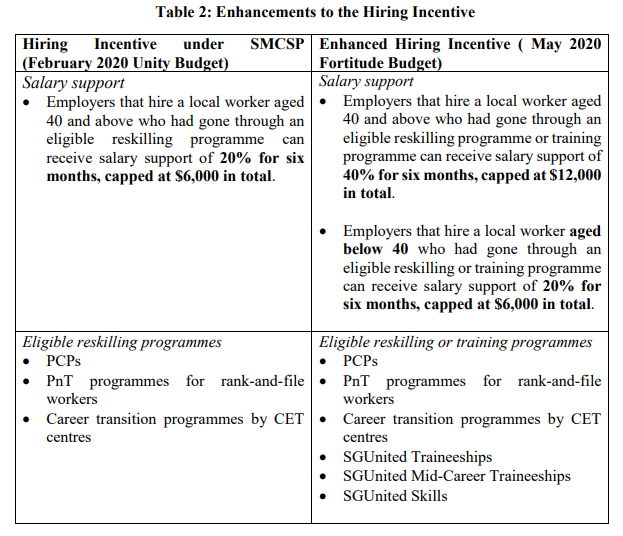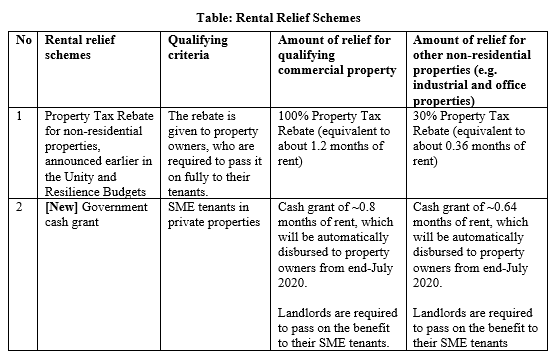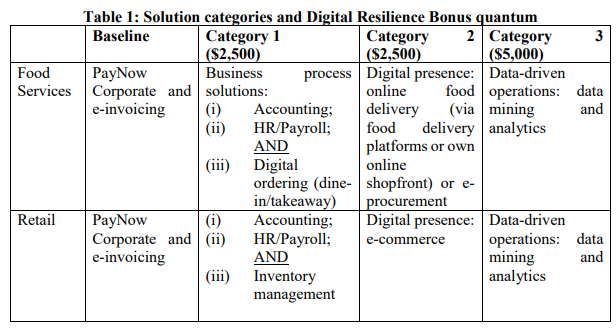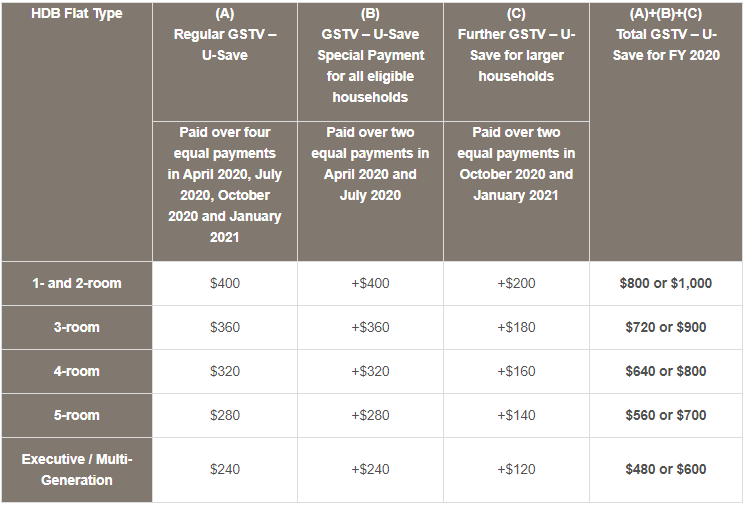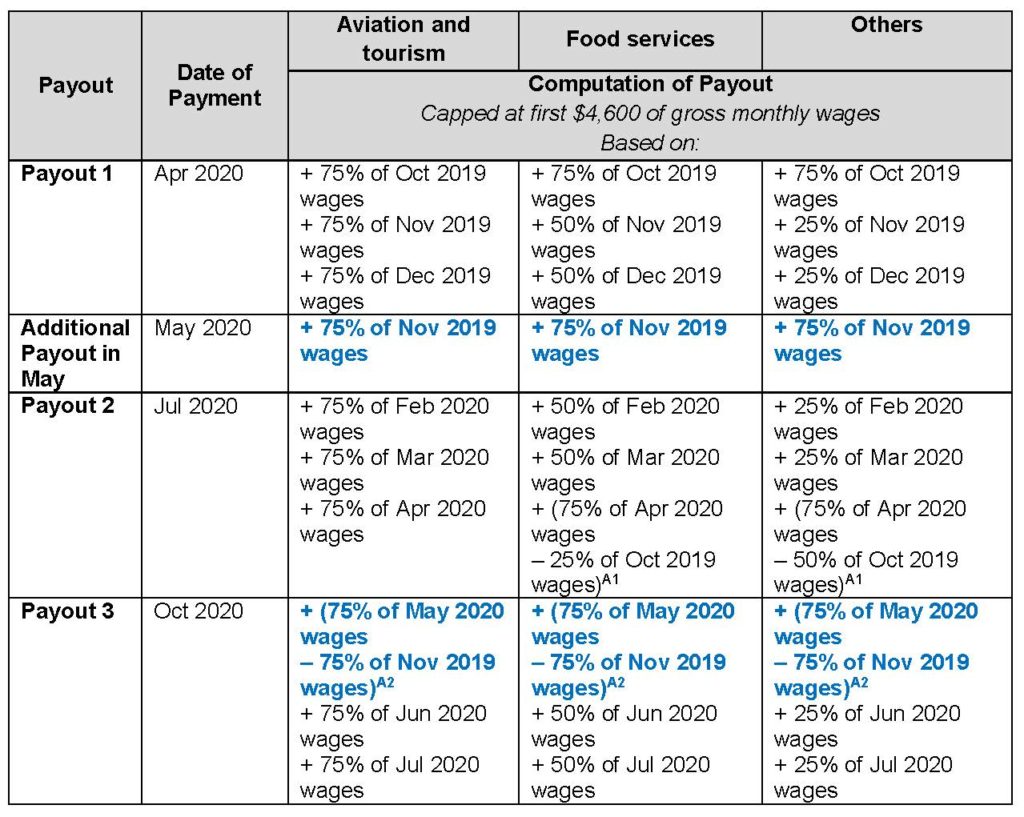Expanded powers for rental relief assessors
Under the rental relief framework, a landlord who is unable to reach an agreement with is tenant may apply to have an independent rental relief ascertain:
a) The tenant’s eligibility for rental waivers (either the portion supported by Government assistance, and/or the portion borne by the landlord)
b) The landlord’s eligibility to provide a reduced amount of rental waivers, on the basis of financial hardship
The amendments to the Act proposed on September 3, will expand the powers of rental relief assessors so that they can make determinations on unresolved disputes relating to the amount of rent to be waived under the framework, where the amount is affected by any of the following factors:
a) The amount of maintenance and service charges, especially where such charges are not explicitly listed in the lease or license agreement
b) The amount that can be offset by assistance provided by the landlord earlier
c) The tenant is occupying the property for only a part of the relief period
d) There are multiple-sub tenants in the same property
Clarifying interaction between Part 8 and other dispute resolution proceedings
The amendment Bill will also clarify the existing Part 8 of the Act – not yet in force – that allows parties of some contracts to get relief if they are affected by breaches or delays in construction, supply or related contracts.
It will specify that no application for relief for such contracts can be filed if court, arbitral or Building and Construction Industry Security of Payment Act (Sopa) proceedings related to the application have already started.
Conversely, once an application for relief ha been filed, the other parties of the contract cannot commence, arbitral or Sopa proceedings or the same matter, until a determination is made or the application is rejected or withdraw.
If a determination is made and the terms of the contract are adjusted, any subsequent applications and determinations made under Sopa must be based on the adjusted contract terms.
In cases where a Sopa application is made before the other party seeks relief under the Act, the Sopa adjudicator will have powers to grant relief – similar to that of the assessors – to account for the impact of Covid-19.
